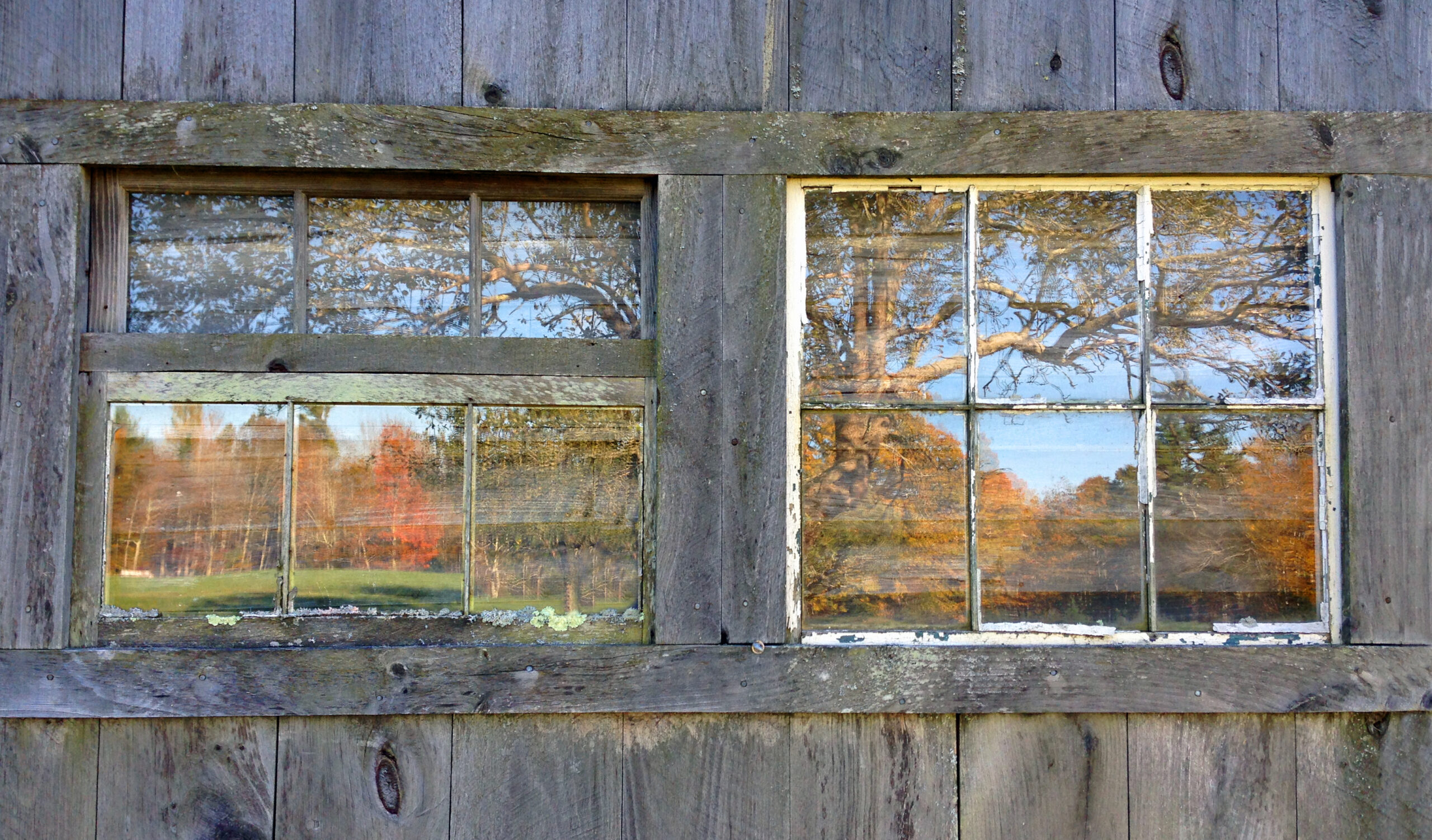
Finally, I turn to the lessons that the virus has taught us about how governments should be run—especially in preparation for the next pandemic. It is to these lessons that Christakis attends in particular—for his book is ultimately concerned with public policy. I offer several quotes from Christakis that conclude his assessment of what is needed to change (and be learned) by governments in the Unites State (and probably elsewhere in the world). Christakis (2020, p. 294) begins by providing a bit of historical context:
Plagues can . . . lead to long-term shifts in how we think about government and leaders. In medieval times, the manifest inability of rulers, priests, doctors, and others in positions of authority to control the course of plague led to a wholesale loss of faith in the corresponding institutions and a strong desire for new sources of authority. Some scholars have speculated that this set the stage for the rise of capitalism and even of the Reformation, since it became very clear that the priests had no way of stopping mortality from the plague. This may have spurred developments in empirical medicine too, since the doctors also were ineffective at stemming the tide of death.
Christakis now shifts to the present time in the United States:
It is possible that the inability of our political institutions to fight the virus will have similar implications. We saw earlier that interest in collective state action will likely rise in the immediate and intermediate pandemic periods, but if the actions are incompetent, confidence in political institutions will fall. The incompetence of our government in confronting the pandemic (especially when compared to the responses of other countries) coupled with the essential necessity of strong collective action to combat epidemic disease may result in a shift in political preferences aimed at undoing the existing order.
I suggest that this potential undoing of the existing order could be progressive in nature, enabling the United States to operate in a more thoughtful and inclusive manner. Alternatively, as I have already noted, the stress and diffuse anxiety associated with COVID-19 could produce a regression of government to an authoritarian status. There is reason to be concerned about such a regressive act when considering the attack on the American capital in January of 2021. This regressive act would lead the American society toward a more enmeshed culture and centralizing, sociopetal setting—but this would certainly be a quite destructive way in which to balance the scale between individualism and collectivism. We would lose the best of individualism and acquire the worse of collectivism.
In his final comments in this chapter, Christakis seems to be anticipating that the American culture will become more sociopetal (with greater interdependence) regardless of the direction in which the government of the United States moves:
Given the strong, coordinated state action that is required to achieve control of the virus, it is likely that the role of government itself will increase from the immediate pandemic period into the post-pandemic period. The worse the pandemic gets, the more people will expect from themselves, from others, and from the state.
Apparently, if nothing else, the virus has taught us that we need one another and that living alone and in isolation is not the “natural” way in which human beings are intended to live. Perhaps, part of what COVID-19 has taught us about mother nature includes the need for human beings to bond with one another—especially “when the going gets rough.”








